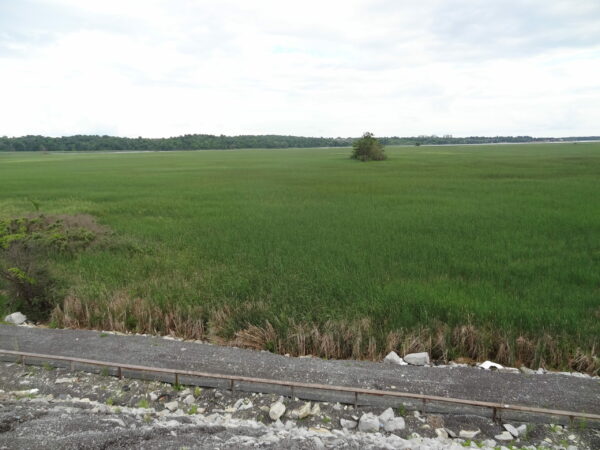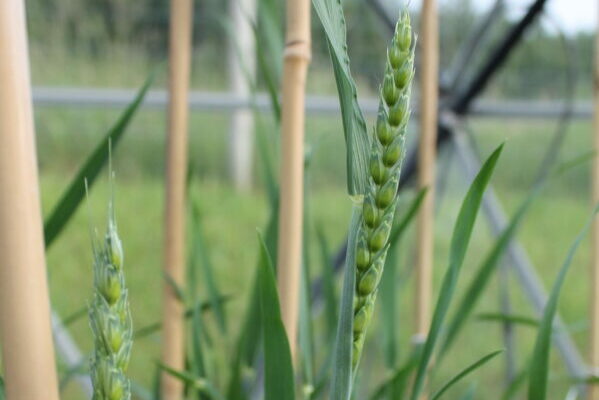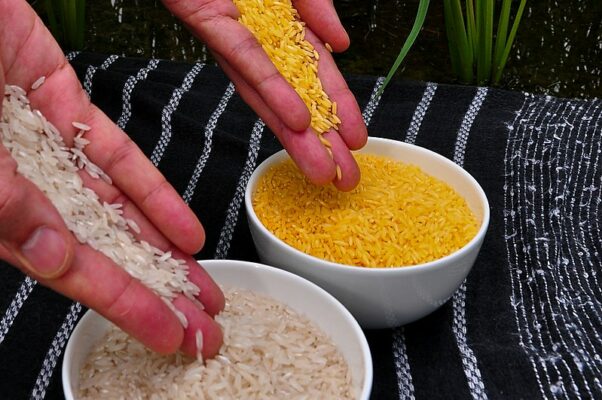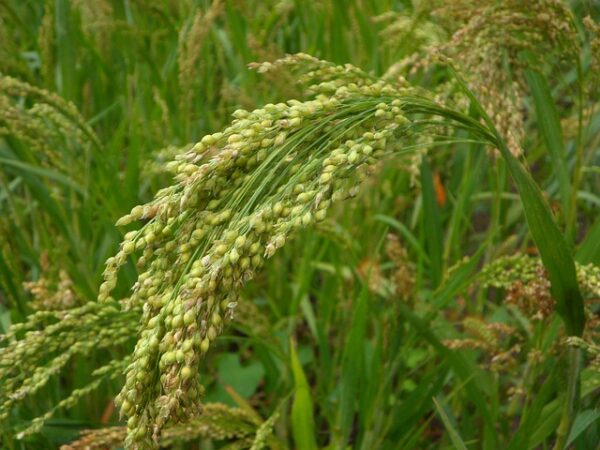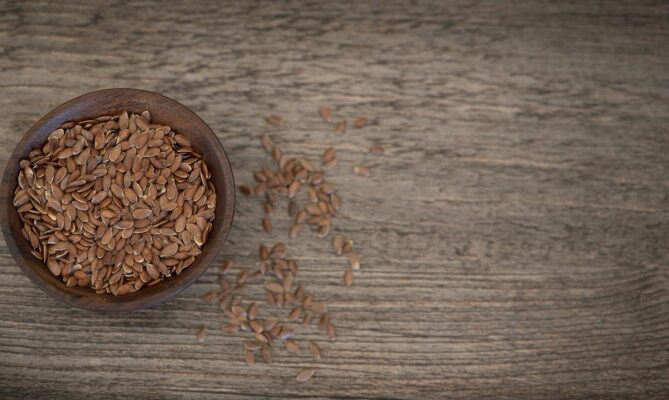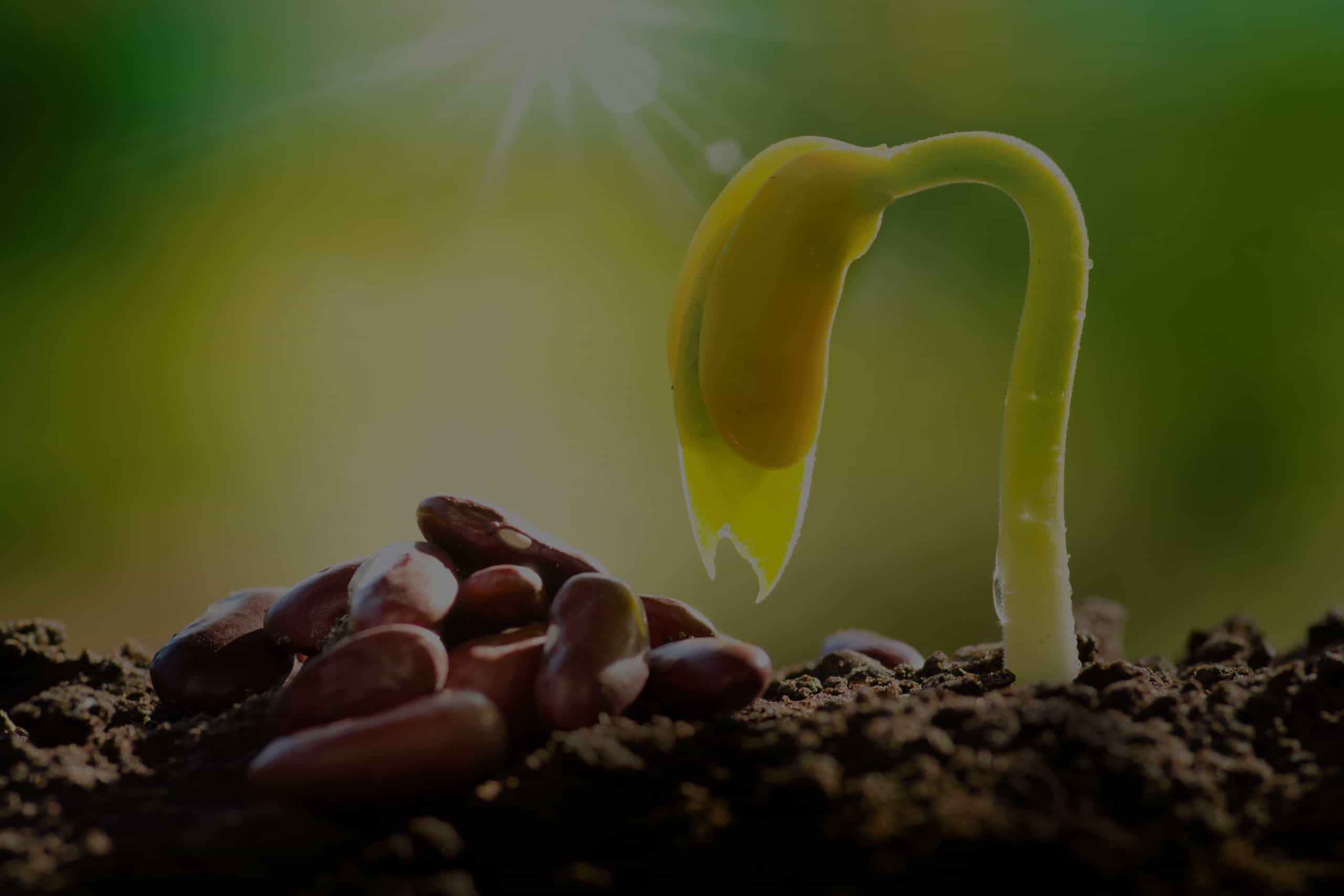
Meet Laura Kor, a conservation scientist undertaking a PhD at the Royal Botanic Gardens Kew and King’s College London. This is the second post of a series, celebrating the brilliant winners of the #plantscistory2021 contest and their stories.
Read More


